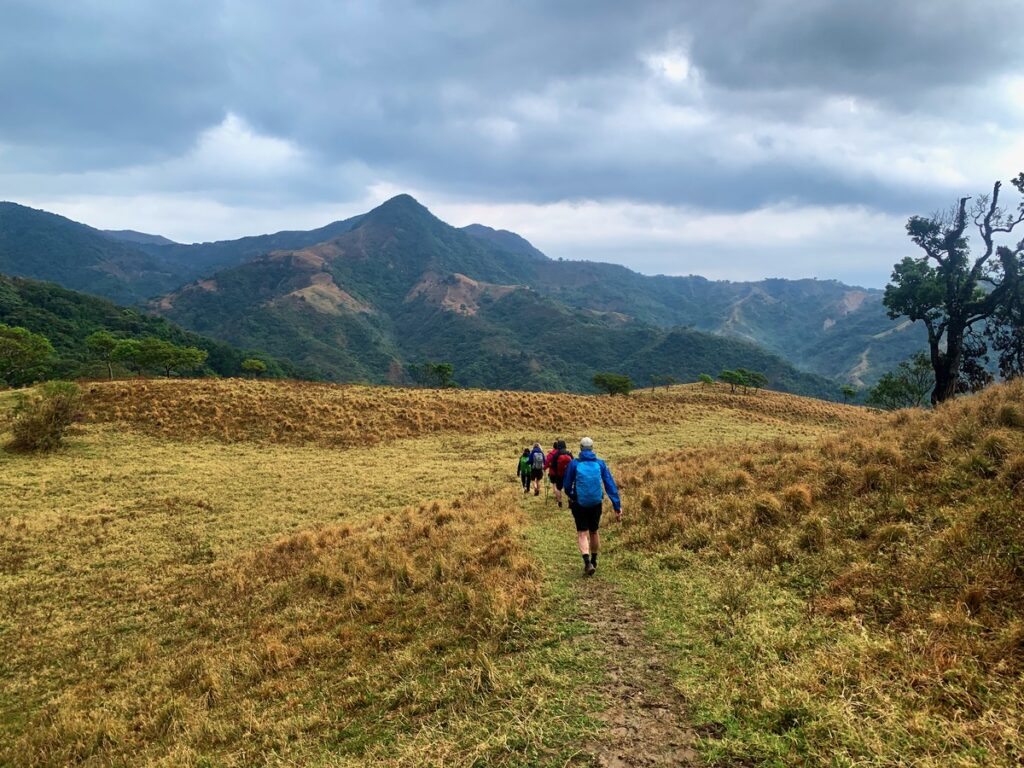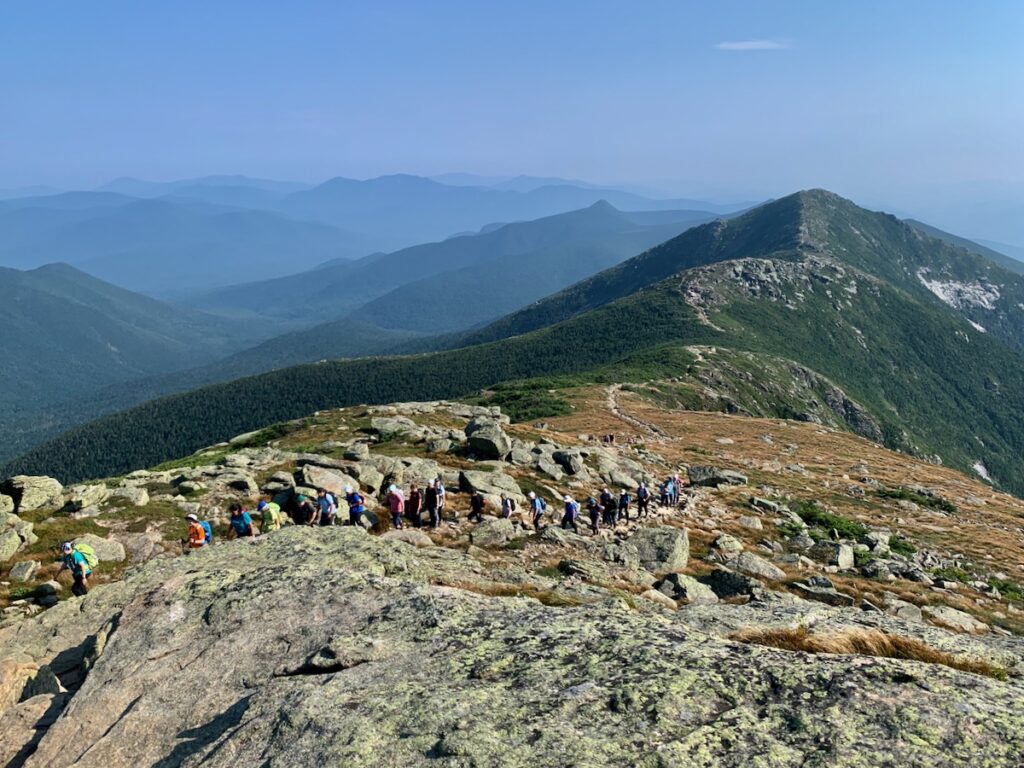Field Schools
Pan American Trails field schools are collaborations between trails organizations, government agencies, universities and other NGOs. They are designed to build the capacity of trails groups, engage communities, and foster partnership
2024 Pan Amercian Trails International Field Schools
Scalable
Pan American Trails Field schools come in different sizes and durations, depending on the partnership and resources available—they can be comprised of a single week-long workshop, or last for months and include multiple activities, projects and even ongoing programs. Each field school includes the following elements:
- Field Schools are associated with a specific trail or trail system
- Field schools are located in an important ecoregion
- Field schools focus on specific trails issues or concerns
- Field schools engage in trail projects
- Field schools require partnership and community engagement
Collaborative and adaptable
Field schools are renegotiated between partners on an annual basis. As resources, needs and partners change, field schools may change too. The organization and fiscal oversight rests with one of the partners. Pan Amercian Trails facilitates field schools by helping with grant-writing and marketing, and in some cases provides fiscal oversight.
International
While field schools focus of the needs and issue of a particular ecoregion and its trails, they are also sites for visiting trail fellows and international expeditions. It this way they are critical nodes that tie the Pan Amercian Trails network together.
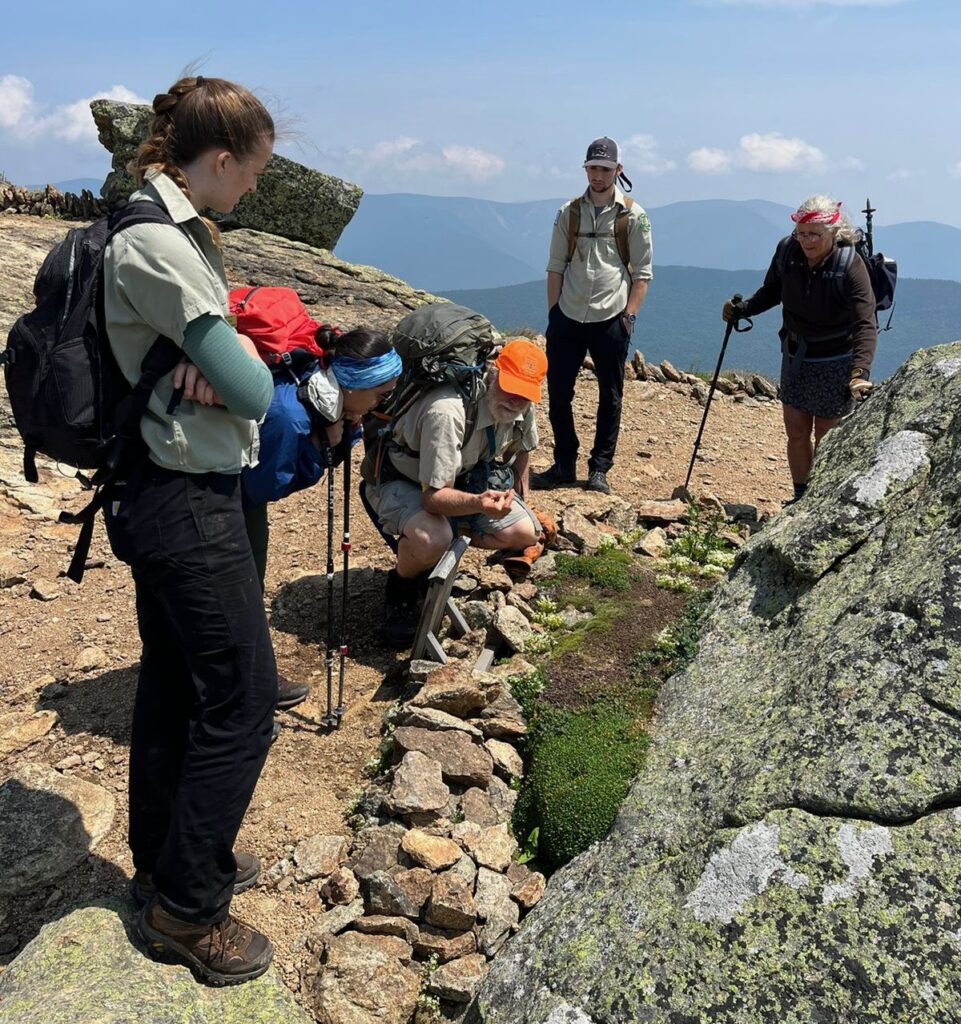
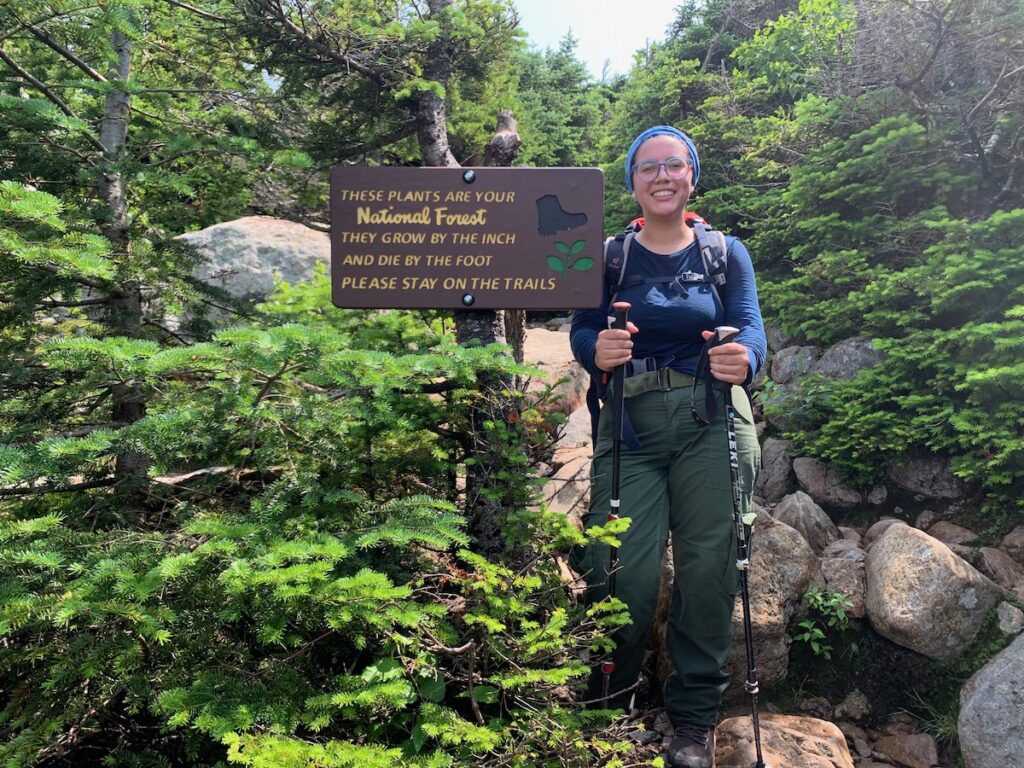
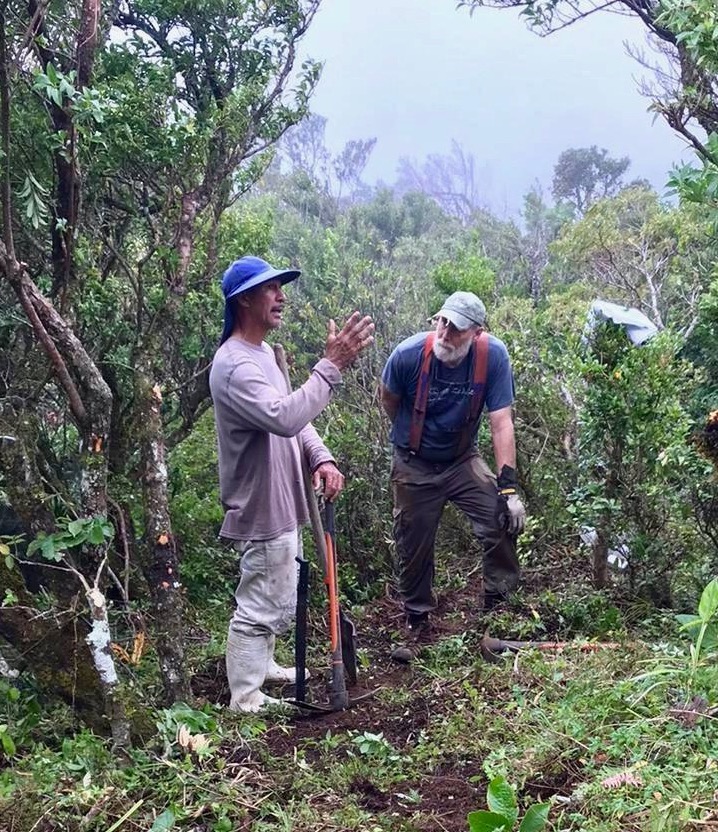
History
The international field model for trails emerged in Costa Rica in 2016 around the Sendero Pacífico in located in Costa Rica’s Seasonal Moist ecoregion on the Pacific Slope. This community-to-community trail links the Monteverde Cloud Forest Reserve and protected mangrove forests in the Bellbird Biological Corridor (CBPC). Costa Rica’s Pacific slope was largely deforested by the early 1980’s, fragmenting habitats and threatening this biodiversity hotspot. At the same time Costa Rica was rapidly transitioning to a tourist-based economy, but economic benefit concentrates around major attractions, leaving many rural highland communities without options other than destructive cattle grazing. In this context the Sendero Pacífico trail system links communities and natural habitats, providing economic opportunities for isolated rural communities, an incentive for reforestation and conservation.
Donate
You can donate directly to Franconia Ridge loop restoration in Franconia Notch State Park, or Alpine Trail management (summit stewards), or you can let us direct the funds to where we need it most.

